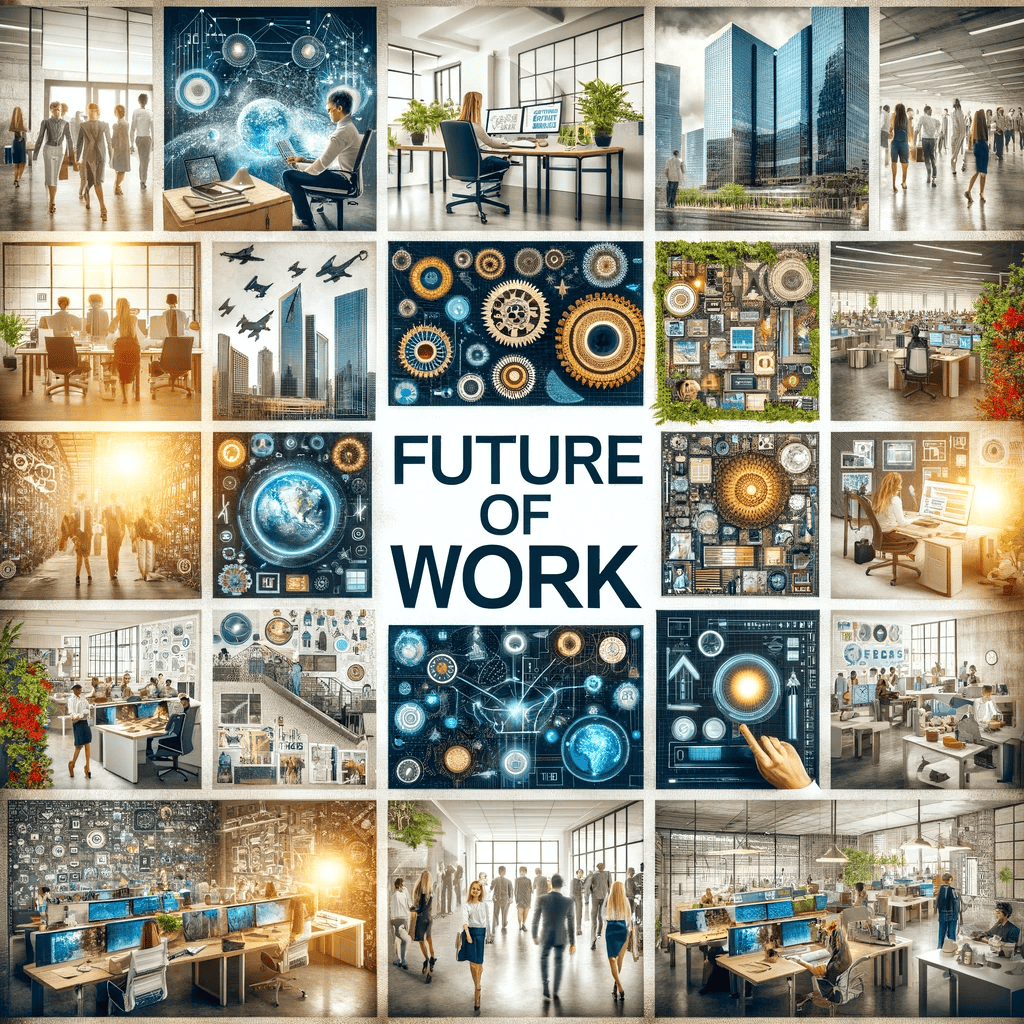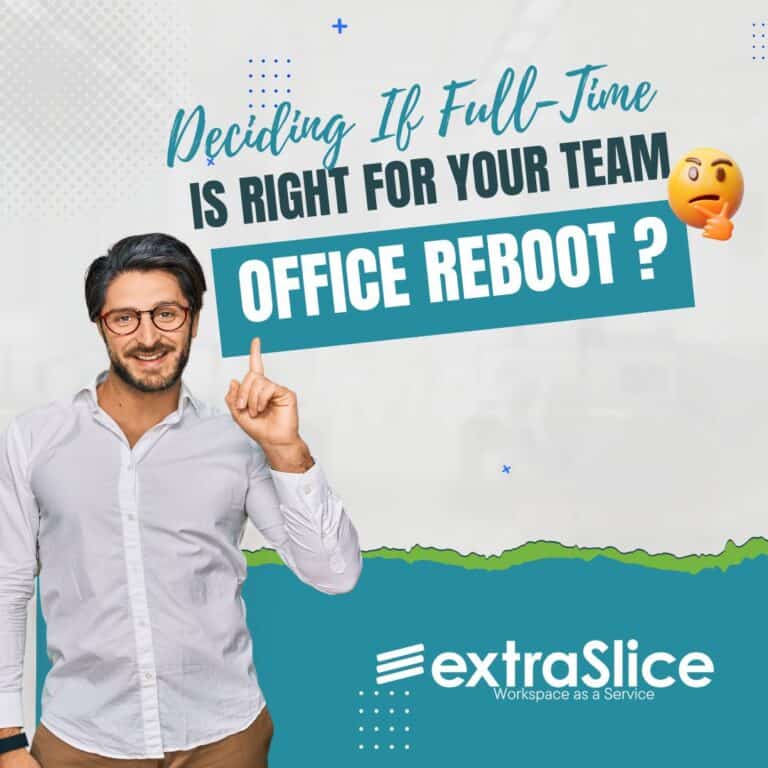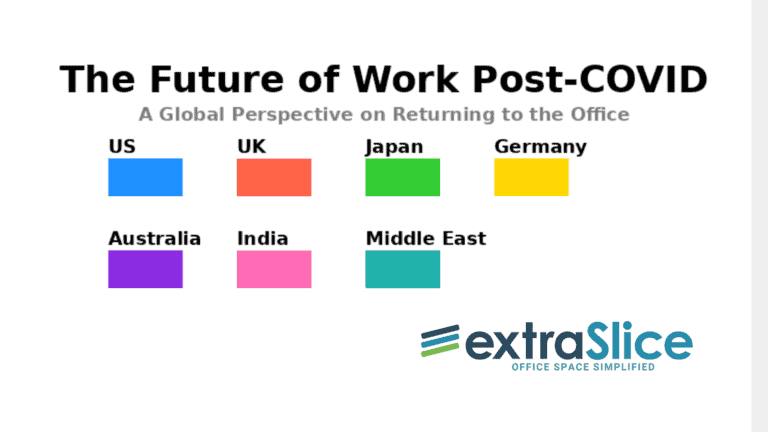In today’s rapidly evolving work environment, two significant trends are emerging. Major corporations like Goldman Sachs, Google, and Microsoft are redefining workplace strategies in response to the pandemic’s impact. Concurrently, a surprising trend among Gen Z workers reveals a preference for traditional office settings. This dichotomy offers insights into the potential future of work.
The Corporate Shift: A Spectrum of Work Models
- Goldman Sachs: A Traditional Stance
- Goldman Sachs adheres to an office-first policy, emphasizing in-person collaboration, crucial in the finance sector.
- Tech Giants: Hybrid Innovators
- Apple, Amazon, and Microsoft exemplify adaptability with their hybrid models, allowing a balance of remote and in-office work, catering to diverse employee needs.
The Gen Z Perspective: Rediscovering the Office
- The Social and Learning Hub
- Many Gen Z workers prefer office work for its social interaction, mentorship, and learning opportunities, viewing it as a networking and professional development hub.
- Flexibility and the Best of Both Worlds
- Despite their preference for office settings, Gen Z values flexibility, as seen in Microsoft’s hybrid model that combines in-person and remote work.
Implications for Future Workplace Strategies
- Tailoring Strategies to Employee Needs
- Future workplaces must be adaptable, balancing the traditional office appeal with remote work flexibility, tailored to diverse employee preferences.
- The Role of Technology
- As companies navigate between models, technology is key to ensuring seamless collaboration, regardless of location.
Conclusion: A Mosaic of Work Environments The future of work appears to be a diverse blend of environments. The traditional office settings preferred by Gen Z, combined with the flexible hybrid models of tech companies, demonstrate the post-pandemic workplace’s complexity. Recognizing and adapting to this diversity is crucial for business success.
Conclusion: Embracing Diversity with ExtraSlice’s WaaS Solution In this changing landscape, the one-size-fits-all approach is outdated. The varying preferences from Gen Z’s traditional office inclination to the tech industry’s flexible models highlight the workplace’s complexity. Here, ExtraSlice’s Workspace as a Service (WaaS) plays a pivotal role, offering adaptable solutions to these diverse needs.
ExtraSlice’s WaaS stands out for its adaptability and modern workforce responsiveness. With customizable workspace options, it serves both traditional and hybrid models, enabling businesses to find the ideal balance between in-office collaboration and remote flexibility.
In summary, ExtraSlice’s Workspace-as-a-Service (WaaS) solution is not just a response to current trends; it’s shaping the future of work. By recognizing and embracing varied workplace preferences and strategies, ExtraSlice positions itself as an essential partner for businesses navigating these transformative times. To learn more visit: extraslice.com






